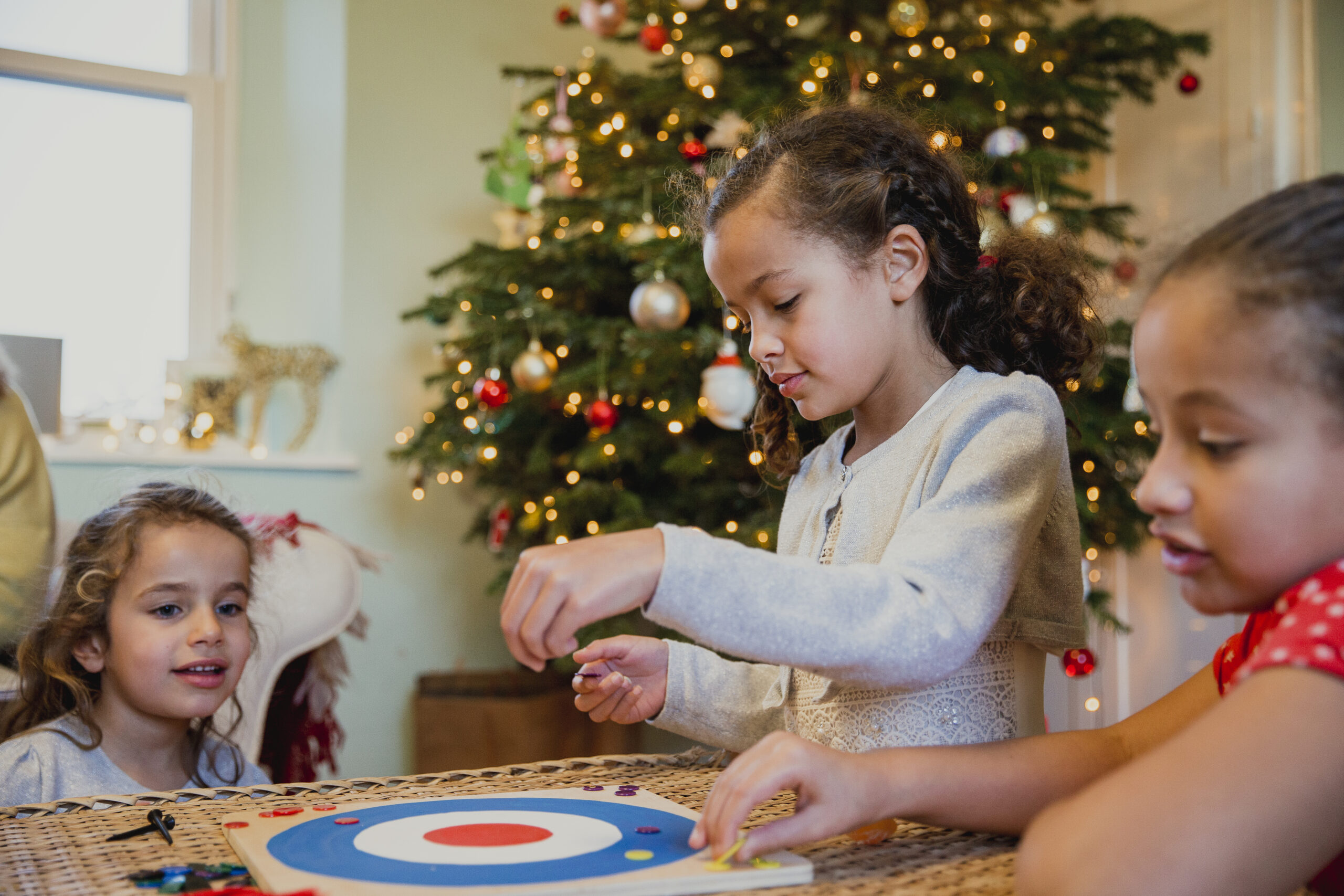Christmas Traditions in a Fostering Household
The Christmas period means different things to different people, depending on culture, religion, and upbringing. Many households do not celebrate it at all, while different religions look to other festivals such as Hanukkah, Eid, and Pancha Ganapati.
Households that do celebrate Christmas usually have their own set of routines and expectations of how the festive season should play out. It could be the time of day when presents are opened, watching a specific Christmas film, or always having brussel sprouts as part of that main meal on 25th December. Whatever that festive element may be, it is human nature to want to do something the same each year. It makes us feel cosy, safe and gives us specific elements to look forward to.
If someone new was to come into your household, how would you plan Christmas? Would you keep it the same, with all the traditions you have established over the years remaining unchanged?
If you are a foster carer, being able to adapt your household practices and routines is key to ensuring that young people feel settled, and a part of the family. But how do you open a dialogue about Christmas with a young person? And if you have your own children, how do you ensure that all young people in your household have an enjoyable festive holiday?
It should all begin with a conversation with the young person’s social worker, with some of the key questions being:
- Does the young person celebrate or acknowledge Christmas?
- What are their previous experiences at Christmas in their birth home – are they positive or negative, and are there any specific activating scenarios to avoid?
- Are they used to certain routines? Are there elements of Christmas that they particularly enjoy?
- Are there any more general activating scenarios that could make them feel uncomfortable? These can include large groups of people, lots of attention given, or just sitting down as a family for a meal.
“We ask the children about their own traditions that they may have had or want to start. We visit the garden centre each year and choose a new bauble for our own tree.”
Considering a young person’s positive and negative experiences
Sadly, many young people in care will have experienced some form of trauma, and Christmas could elevate negative feelings.
Christmas can be a joyous and celebratory period, but it can also place a lot of strain on families. For this reason, a young person may have experienced trauma over the Christmas period, and this would be something to factor in when planning the festive calendar as a foster carer. Talking to the young person’s social worker will help with avoiding any known activating scenarios and could also introduce some suggestions for activities that will help a young person to settle.
It is also important to remember that a young person may have had positive experiences with their birth family at Christmas. Not being able to spend Christmas Day with them could be traumatic in itself. Pauline, one of TACT’s foster carers based in Scotland, says that talking about a young person’s birth family and even establishing a connection with them can make a huge difference: “When we had a sibling group, they asked their Mum to make the soup they liked for their Christmas with us, and we were in favour of this as it gave Mum an insight into what their Christmas will be like. We would encourage talking about their families if they want to.”

Do you change your Christmas traditions?
What makes foster carers the amazing people they are, is the fact that they are flexible. At TACT we have carers from diverse backgrounds, cultures, and religions – who likewise care for young people with potentially different beliefs and practices to them.
Being able to adapt to any situation is key for a foster carer, and Christmas is no exception.
One of our foster carers did have to change their festive routines due to a young person becoming overwhelmed: “They were not used to the overwhelming attention on Christmas morning, so now (we) spread it over a couple of days. Making it about memories with vouchers for days out with family and friends.” This foster carer adapted their plans with skill and consideration, and turned a potentially negative and activating situation into one that this young person will look back on with fondness.
Many of our foster carers say that they let the children lead when it comes to the festive calendar. One foster carer said: “We ask the children about their own traditions that they may have had or want to start. We visit the garden centre each year and choose a new bauble for our own tree.”
If young people do not want to take the lead with Christmas planning, then simply involving them in activities, if suitable, will help them feel valued, included and a part of the family. Bernie, one of our Enquiry Officers and a foster carer herself, said: “Every Christmas Eve morning we have a treasure hunt. We have a mix of clues, picture clues, riddles, Christmas games, word searches so that there is something for all ages. At the end is always a new pair of pyjamas so they have nice new PJ’s ready for Santa.”
Making no tradition your new tradition
The best approach at Christmas is to keep it child centred. Whether that means that young people lead on some of the planning, or whether they are just fully involved in activities. If all the young people in your household love the existing Christmas traditions you’ve established – great. But just be prepared to relinquish or adjust your usual plans and routines to accommodate a young person’s mental health and wellbeing during the festive season.
Be prepared to make ‘no tradition’ your new tradition.
Read more about fostering at Christmas.
